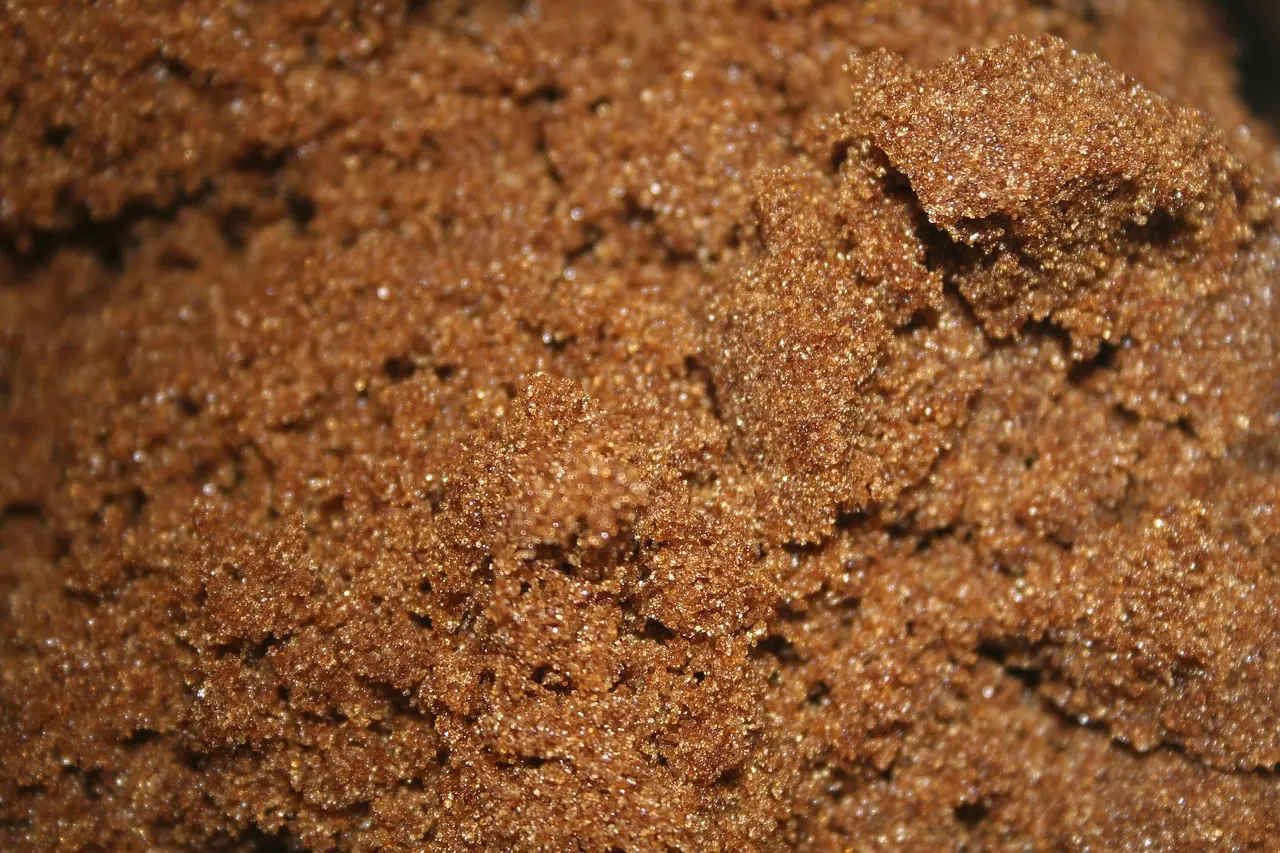Brown sugar, with its delightful molasses aroma and uniquely moist, sandy texture, is a key ingredient in a vast array of baked goods, from classic chewy chocolate chip cookies and rich caramel sauces to moist gingerbread cakes and savory glazes. Unlike its crystalline cousin, granulated white sugar, how you measure brown sugar by volume can dramatically alter the quantity you use, which is precisely why most recipes emphatically state "packed" brown sugar. Understanding this directive is fundamental to achieving the intended flavor, moisture, and texture in your culinary creations.
What Exactly Does "Packed" Brown Sugar Mean and Why Is It Necessary?
When a recipe calls for "1 cup packed brown sugar," it's instructing you to press the brown sugar firmly into your dry measuring cup until it is compact and holds the exact shape of the cup when inverted. If you were to simply spoon brown sugar loosely into a cup, the amount of actual sugar by weight would be significantly less than what the recipe developer intended. This is because brown sugar's inherent moisture (from the molasses content) causes its granules to clump together, creating air pockets when measured loosely.
The molasses coating on the sugar crystals makes brown sugar naturally soft and somewhat sticky. Packing it down serves two main purposes:
- Eliminates Air Pockets: Compressing the sugar removes these air spaces, ensuring a more consistent and greater density of sugar in the measuring cup.
- Standardizes Measurement: "Packed" provides a more uniform way to measure this otherwise variable ingredient by volume, leading to more replicable recipe results.
The Significant Impact of Packing (or Not Packing):
The difference in weight between loosely spooned and firmly packed brown sugar is substantial and can critically affect your recipe. For instance:
- 1 US Cup of firmly packed brown sugar typically weighs around 200-220 grams.
- 1 US Cup of loosely spooned (unpacked) brown sugar might only weigh 140-160 grams, or even less.
Using significantly less brown sugar than a recipe calls for (by not packing it when specified) can lead to several undesirable outcomes in your baked goods:
- Reduced Moisture: Brown sugar is hygroscopic (attracts water) due to its molasses content. Less sugar means less moisture retention, potentially resulting in drier cookies or cakes.
- Altered Texture: Sugar plays a key role in tenderness and spread. Insufficient sugar can lead to tougher, less spread-out cookies or a less tender cake crumb.
- Diminished Flavor: The characteristic caramel and molasses notes of brown sugar will be less pronounced.
- Poor Browning: Sugar aids in the Maillard reaction and caramelization, contributing to appealing browning. Less sugar can result in paler baked goods.
Understanding Light vs. Dark Brown Sugar:
Both light and dark brown sugar are made by adding molasses back to refined white sugar crystals. The main difference is the amount of molasses:
- Light Brown Sugar: Contains less molasses (typically around 3.5% by weight), resulting in a milder molasses flavor and lighter color.
- Dark Brown Sugar: Contains more molasses (typically around 6.5% by weight or more), yielding a stronger, more robust molasses flavor and a darker color.
When packed, their weights per cup are very similar, so they can often be used interchangeably in recipes unless a specific molasses intensity is desired. Dark brown sugar will impart a deeper color and more pronounced molasses flavor.
Accurate Weight Conversions for Packed Brown Sugar:
Because "packed" is the established standard for measuring brown sugar by volume, weight conversions are typically based on this method. Using a kitchen scale is always the most precise approach.
- 1 US Cup (approx. 237ml) of Packed Brown Sugar: Approximately 200-220 grams (or about 7.05-7.76 ounces). A widely accepted average for recipe conversion is often 213 grams.
- 1 Metric Cup (250ml) of Packed Brown Sugar: Approximately 210-230 grams (or about 7.41-8.11 ounces). A common average used is 220 grams.
- 1 US Tablespoon of Packed Brown Sugar: Approximately 13-14 grams.
Step-by-Step: How to Properly Measure Packed Brown Sugar by Volume:
- Choose a dry measuring cup of the appropriate size.
- Spoon the brown sugar into the measuring cup.
- Using the back of a spoon or your clean fingertips, press down firmly on the brown sugar to compact it. Ensure you press it into the corners and eliminate air pockets.
- Continue adding more brown sugar and pressing it down until the sugar is level with or slightly above the rim of the cup.
- Level off the excess sugar with a straight edge (like the back of a knife or an offset spatula) for an accurate packed measure. The sugar should hold the shape of the cup if you were to invert it.
Tip for Hardened Brown Sugar:
If your brown sugar has hardened into a rock, place it in an airtight container with a slice of fresh bread, a piece of apple, or a terracotta brown sugar saver for a day or two. The moisture will soften it. For a quicker fix, microwave it on low power in very short intervals (15-20 seconds) with a damp paper towel in the container, being careful not to melt it.
Our detailed conversion charts reflect packed brown sugar measurements and can be a valuable kitchen resource:
Printable Packed Brown Sugar: US Cups/tbsp to Grams & Ounces Chart
Printable Packed Brown Sugar: Metric Cups/tbsp to Grams & Ounces Chart
By diligently packing your brown sugar when recipes specify, or better yet, by embracing the precision of weight measurements, you'll ensure your baked goods consistently achieve their intended delightful flavor, satisfying moisture, and perfect texture every single time.
 « Back to Blog Index
« Back to Blog Index